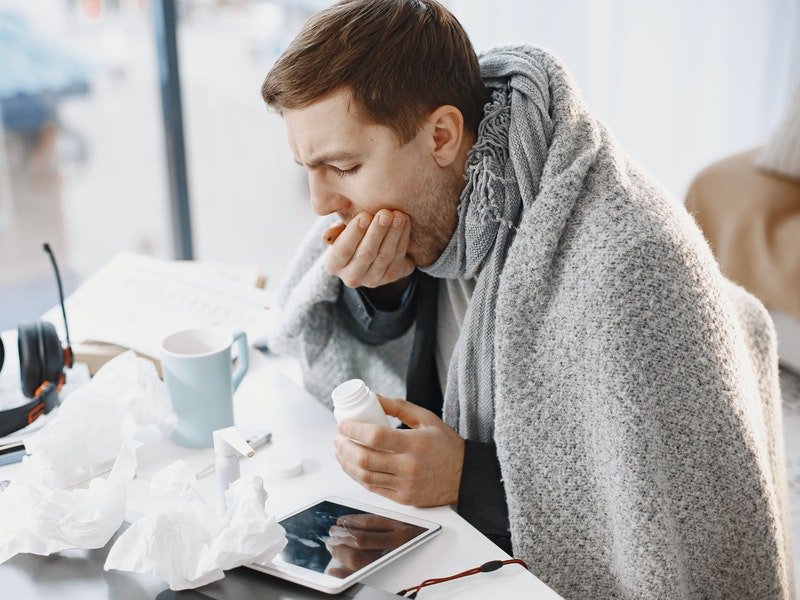If you are new to skydiving, you may be concerned about how the conditions will affect you. Jumping at high altitudes, experiencing large temperature drops, and falling at high speed seem like a lot of stress to your body. Not to mention the mental stress of diving out of a plane at 12,000 feet for the first time. So is it normal to get a cold after skydiving?
There are many myths about skydiving, with many negative claims spread by people who have never skydived before. Skydiving is not as dangerous as some people make out. Risks are now minimal, and injuries are rare. There are also misleading myths about how skydiving can make you sick.
Let’s look at whether you can get a cold or feel sick after skydiving. We can also examine how altitude sickness can affect some skydivers and whether it’s normal to feel any pains or aches after your first skydive.
Can skydiving make you sick?
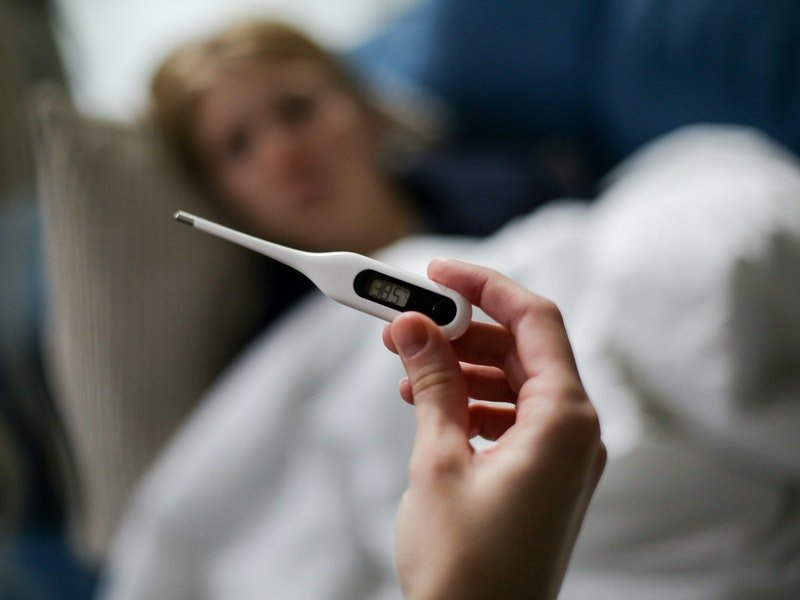
Yes, you can get sick after taking a skydive, but you can also get sick going shopping or walking the dog. In all of these scenarios, it’s pretty rare to get a cold or sickness. People get ill skydiving, just as when shopping or walking the dog, due to poor preparation, such as wearing inappropriate clothing or not taking care of yourself.
To limit the risk of feeling sick after skydiving, you should make sure you aren’t jumping while hungry or after overeating. If you don’t eat before you jump, your blood sugar levels will be low, and you may feel distracted and weak. If you feel full when skydiving, the nervousness and emotions can mess with a full stomach. Try to eat a light or medium-sized meal, or if you already have butterflies and can’t eat, try a thick smoothie or milkshake to get some calories.
Can you get travel sick when skydiving?
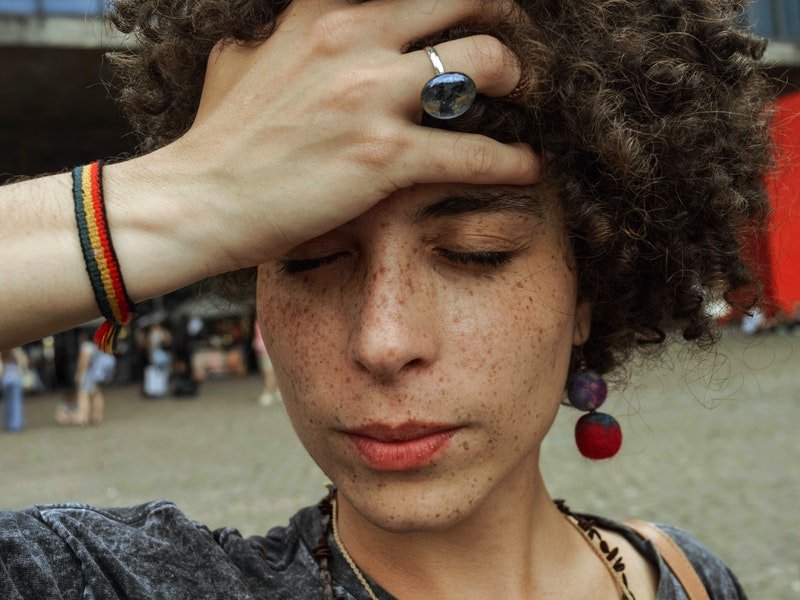
If you already suffer from any form of travel sickness or motion nausea, you’ll likely get a bout of this during your skydive. There is a lot of effective medicine which can counter motion sickness. Make sure you have the correct medication and take it in preparation.
Staying hydrated is another critical factor in avoiding sickness while skydiving. It will be a busy and emotionally packed day, and it’s easy to forget to drink water regularly. Dehydration will only help encourage nausea and headaches, and it can quickly start to spoil a fun and memorable day. Make sure to drink plenty of fluids before and after you jump.
Most importantly, don’t forget to breathe. It may sound silly, but with all the anxious anticipation and rushes of adrenaline, it’s easy to get panicky or breath incorrectly, causing extra stress. Taking slow and deep breaths can help keep your body calm. If you start to feel overly nervous or get a severe case of fight or flight emotions, try concentrating your thoughts on your breathing while taking slow deep breaths.
Will I get altitude sickness when skydiving?
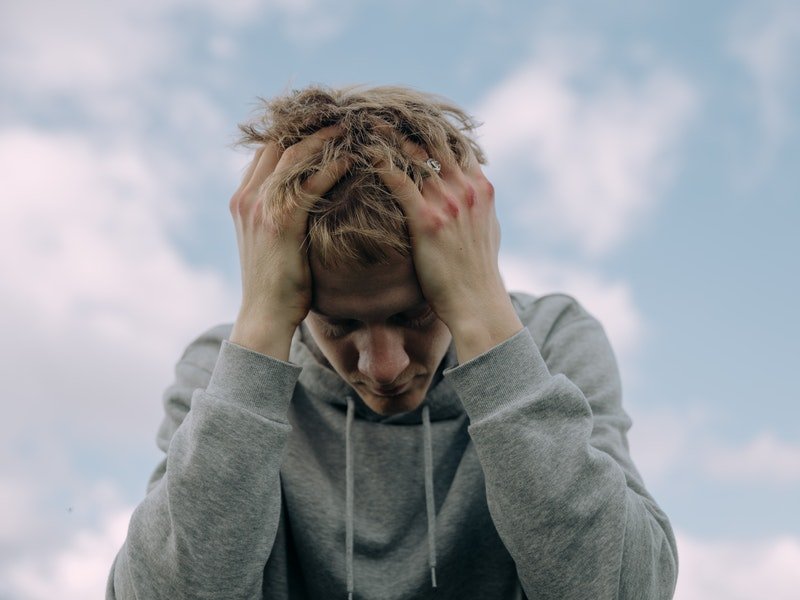
Altitude sickness is rare, but it can occur in some people when going above heights of 8,000 feet. Altitude sickness is caused by low oxygen levels but is much more common when passing 15,000 feet, and most skydives are well below this. Even with jumps above 12,000 feet, you will not be at this altitude for more than 10-15 minutes and quickly dropping below 8,000 feet.
If you have a history of being prone to altitude sickness, there are still things you can do to lessen the chance of feeling sick. Getting plenty of sleep is very important before a skydive. It may be easier said than done if you feel anxious or excited, but do all you can to get lots of rest. If you can’t get much sleep, at least ensure that you relax and rest your body. You should also make sure you are well hydrated and not feeling hungry. Taking a snack such as a banana and granola bar could help to give you a much-needed energy boost.
Is it normal to feel pain after skydiving?
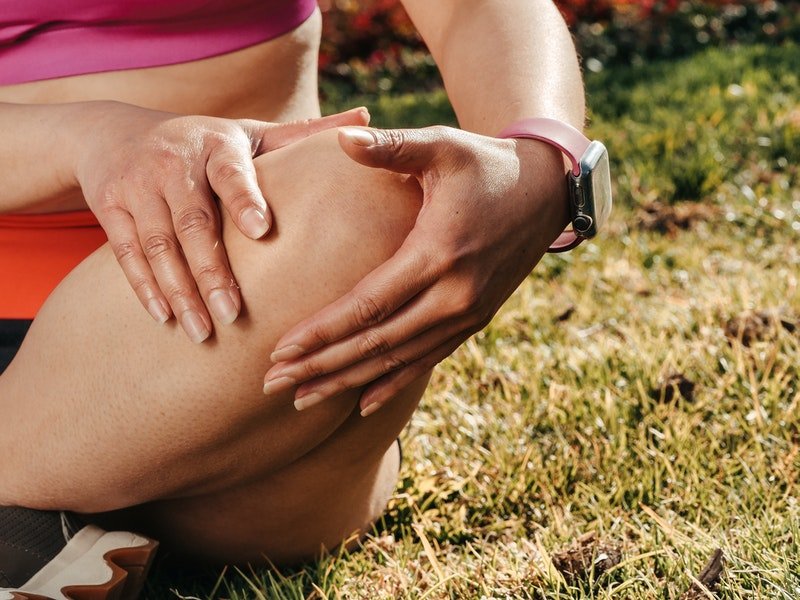
While it is possible to feel some aches and sores after skydiving, a lot depends on your physical condition, flexibility, and how active you are. It can also depend on the type of skydive you are doing.
After a tandem skydiver, you shouldn’t feel any significant sores or pains regardless of your physical shape. You’re body and muscles won’t be put under any unusual stress. However, you may lose your voice if you start screaming with excitement! Sometimes tandem skydiving, students get marks or sores where their straps go. It’s essential to make sure your straps and jumpsuit all feel comfortable before you board the plane.
You shouldn’t feel any aches or pains after skydiving if you are a reasonably active and fit person. You might start to feel a bit tired and run down if you do four or so skydives in a day and are not used to it. It’s important not to take on too many jumps in a day and stop before feeling any mental tiredness. Seasoned skydivers may do 10-15 skydives in a single day and not suffer from any pains. As with any sport, the more you do it, the more your body builds the correct muscles and reactions to help you do more and better each time.
When it comes to someone very inactive and without regular exercise, they will probably feel some minor muscle aches the next day. But this isn’t a bad thing. If your muscles are aching after one or two skydives, this is because your body was using muscles that have been dormant recently. This soreness is a good indication that you should try to exercise a bit more, and on your next skydive, you’ll perform even better with no aches at all.
Should I go skydiving if I get a cold?

This is a crucial question. While it’s unlikely skydiving will make you sick, it can cause any pre-existing sickness to get much worse. If you’re feeling ill or have a cold, you definitely shouldn’t go skydiving, at least not until you feel better.
If you feel any cold symptoms and go skydiving, you could be in for a painful experience. Jumping from 10,000 feet or higher while having problems with your sinuses can cause issues when your ears try to adjust and equalize to the rises and drops in air pressure. With mucus already blocking your sinuses and middle ear, your body will have to work hard and will send extra blood pumping to the tissue to cause it to swell. This reaction can lead to severe ear pains and headaches.
If your ears can’t equalize the pressure, your eardrum will begin to bend inwards or outwards. When falling at 120 MPH, the air pressure is changing rapidly, and your ears won’t be able to adjust to it quickly enough. This added building pressure can even lead to your eardrum perforating. While such injuries can heal in time, they are very dangerous. Moreover, suffering from a severe ear injury while in mid-air can be highly distracting. While suffering a lot of pain and loss of hearing, you’ll also need to stick to a safe landing.
It’s also important to note that if you feel a bit stuffy when you go into freefall, the mucus in your ears and sinuses will start to move around. Not only will some of it escape and start flying out of your nostrils, but it can also swirl around inside. This sensation can cause disorientation, making you a danger to yourself and others skydiving with you.

